
First-line osimertinib, a targeted therapy against EGFR mutations, was found to be effective in patients with advanced non–small-cell lung cancer, resulting in a 77% overall response rate.

First-line osimertinib, a targeted therapy against EGFR mutations, was found to be effective in patients with advanced non–small-cell lung cancer, resulting in a 77% overall response rate.
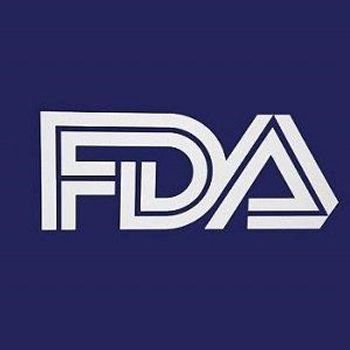
Clinicians now have a new targeted therapy option for treating patients with advanced renal cell carcinoma (RCC) who have received prior antiangiogenic therapy.
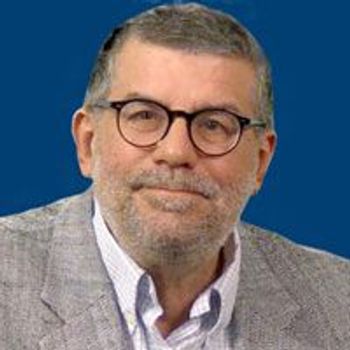
The FDA has granted a breakthrough therapy designation to nivolumab as a single-agent treatment for patients with recurrent or metastatic squamous cell carcinoma of the head and neck following a platinum-based therapy.
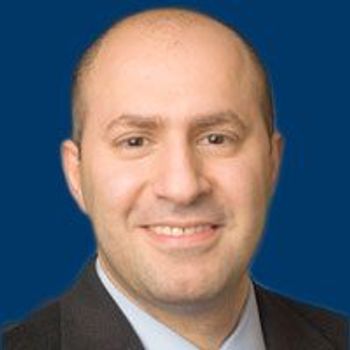
The FDA has approved cabozantinib as a treatment for patients with advanced renal cell carcinoma who have received prior antiangiogenic therapy.

Patients with metastatic Merkel cell carcinoma treated with pembrolizumab (Keytruda, Merck) as a first-line therapy had durable responses in a phase II clinical trial.

Anti–PD-1 therapy in the first-line induced responses in more than half of patients with advanced Merkel cell carcinoma, with encouraging durability to the responses.

Treatment with single-agent nivolumab reduced the risk of death by 30% and double 1-year overall survival rates compared investigator's choice of therapy for patients with recurrent or metastatic head and neck squamous cell carcinoma.

A form of immunotherapy that harnesses the power of CD4 T-cells was shown to be safe and effective in patients with various types of metastatic cancers.

Plasma genotyping can, in most cases, identify T790M-positivity in non-small cell lung cancer, which gives patients the option of receiving the targeted therapy osimertinib without the need for a tumor biopsy, according Geoffrey R. Oxnard, MD.

Recent advances in mantle cell lymphoma include: (1) identification of new pathways to target, (2) novel therapeutics to treat patients with relapsed/refractory disease, and (3) monitoring of minimal residual disease and adoption of a maintenance therapy approach to prevent relapses post induction or post stem cell transplantation.

Postoperative RT with or without systemic therapy was associated with acceptable disease-related outcomes at 1 year. Outcomes of patients managed with systemic therapy plus RT may be attributable to selection bias, since patients with more advanced disease receive systemic therapy.

Overall, the future of patients with MCL is promising, since therapeutic options have widened. The implementation of universal aggressive treatment is challenged by novel regimens, targeted agents, the use of MRD to guide treatment decisions, and new trials that will directly compare transplant vs non-transplant approaches.

This retrospective study showed that lower WBC, ANC, and ALC nadirs during CCRT for LSCLC were associated with worse treatment outcomes.

Increasing time from diagnosis to simulation and from simulation until the start of therapy is associated with worse outcomes. Patients with HPV-associated oropharyngeal squamous cell carcinoma are at increased risk of nodal progression before treatment.

While IMRT is the standard technique for most head cancers and offers excellent sparing of normal tissues to avoid late effects, BolusECT is appropriate for superficial targets, with good sparing of mucosal tissue to reduce acute mucositis that impairs nutrition, quality of life, and treatment intensity.

Patients with non-small cell lung cancer who had ceased to respond to EGFR TKI therapy demonstrated a rapid and robust response to the investigational agent BI-1482694 (HM61713).

The FDA’s Oncologic Drugs Advisory Committee (ODAC) voted 12-1 against the accelerated approval of rociletinib as a treatment for patients with metastatic EGFR T790M–mutated non–small cell lung cancer (NSCLC) who have previously received an EGFR-targeted therapy.

Refractory cases of myasthenia gravis can be relieved by a new treatment based on replacing a patient’s immune system with new one created from transplants of his own stem cells, Canadian researchers report.

Jonathan D. Schoenfeld, MD, discusses potential synergy between radiation therapy, given with or without chemotherapy, and immune checkpoint inhibitors in patients with squamous cell carcinoma of the head and neck.

Intracoronary gene transfer among heart failure patients increased left ventricular function beyond standard heart failure therapy.

Stem cell treatment did 37% better than placebo treatment in a group of patients with ischemic heart failure.

First-line crizotinib therapy offered better intracranial disease control rate than chemotherapy in patients with ALK-positive non–small-cell lung cancer (NSCLC) and stable treated brain metastases.

Local surgical excision remains the preferred therapy for periocular and facial basal cell carcinoma. However, interest is growing in nonsurgical drug therapy for locally advanced or metastatic basal cell carcinoma.
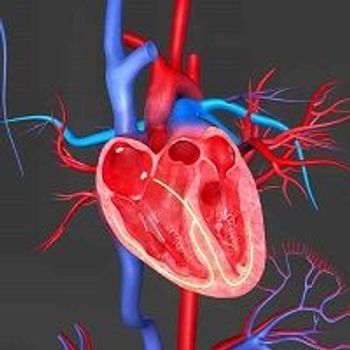
There have been promising results in a Phase II trial showing that gene transfer treatment of patients with heart failure and reduced ejection fraction was safe and successful in over 90% of patients.
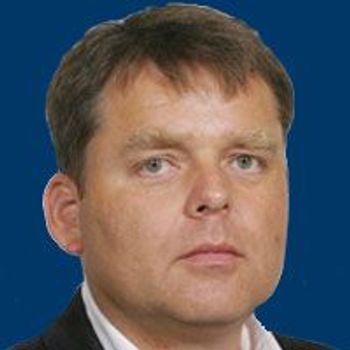
Lenalidomide (Revlimid) was found to significantly increase progression-free survival in patients with relapsed/refractory mantle cell lymphoma when compared with investigator's choice of single-agent therapy.

Chimeric antigen receptor-modified T-cell therapies have demonstrated durable complete responses for patients with relapsed/refractory B-cell acute lymphoblastic leukemia; however, several questions remain regarding their optimal use and applicability outside of this disease.

The FDA has approved Captisol-enabled melphalan (Evomela) as a high-dose conditioning treatment for use in patients with multiple myeloma prior to autologous stem cell transplantation, as well as for the palliative treatment of patients with myeloma for whom oral therapy is not appropriate.

Chimeric antigen receptor-modified T-cell therapies continue to demonstrate promising signs of efficacy for patients with hematologic malignancies, including those with acute lymphoblastic leukemia and non-Hodgkin lymphoma.

Among patients with HPV-negative, locoregionally advanced head and neck squamous cell carcinoma with a poor prognosis, adding cetuximab (Erbitux) to induction chemotherapy and hyperfractionated or accelerated chemoradiation therapy produced long-term control.

In patients treated with definitive radiation therapy for HPV-positive oropharyngeal squamous cell carcinoma, most recurrences can be detected via imaging at 3 months and physical examinations during the first 6 months after treatment.